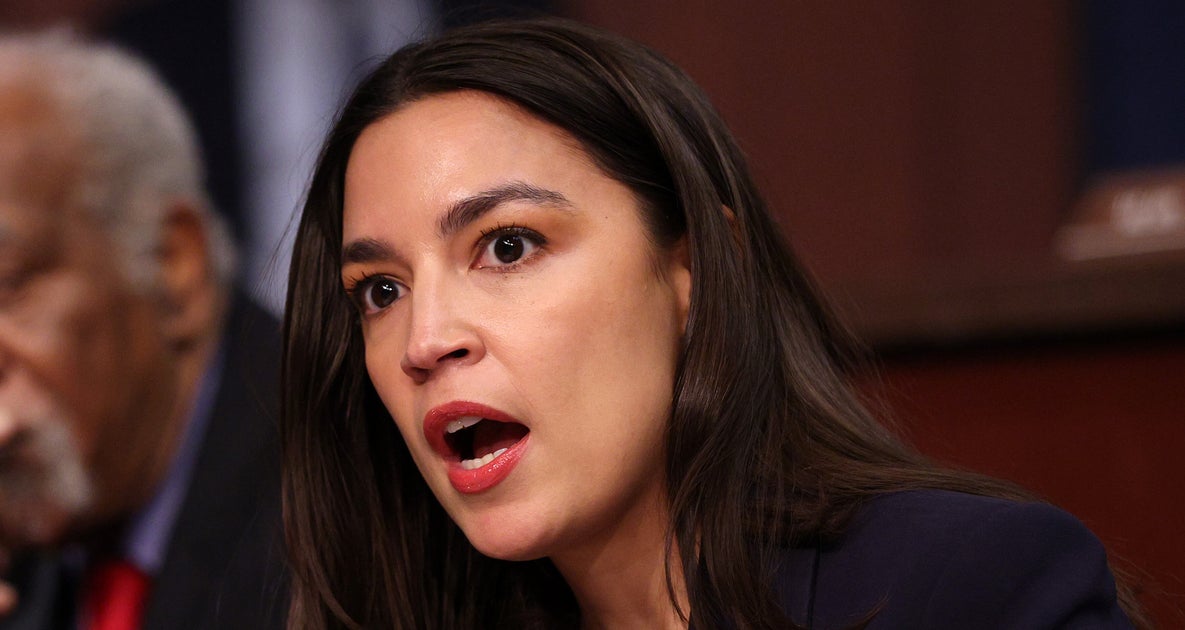Working Class Debate Heats Up: AOC's Fiery Response to Habba's Criticism
The ongoing debate about economic inequality and the struggles of the working class took a fiery turn this week with Representative Alexandria Ocasio-Cortez (AOC) issuing a sharp rebuttal to conservative commentator Candace Owens' recent criticism. Owens, known for her outspoken views, had targeted AOC's policies, arguing they were detrimental to the very working class they aimed to help. AOC's response, delivered via a series of tweets and a subsequent interview, ignited a passionate online discussion, highlighting the complexities of the debate.
AOC's Counter-Argument: More Than Just Tax Hikes
Owens' critique primarily centered on AOC's proposed tax increases on the wealthy and corporations, suggesting these measures would stifle job creation and ultimately harm the working class. AOC countered this argument by emphasizing the broader context of her economic proposals. She argued that:
- Fair taxation is crucial: AOC maintains that the current tax system disproportionately benefits the wealthy, leaving the working class struggling to keep up with rising costs of living. She advocates for a fairer system that redirects wealth to fund crucial social programs like affordable healthcare and education. This, she argues, would ultimately benefit the working class far more than trickle-down economics.
- Investing in infrastructure and social programs: A significant portion of AOC's proposed tax revenue would be allocated to infrastructure improvements and expansion of social safety nets. She argues that these investments create jobs, boost economic growth, and provide vital support for working families. This contrasts sharply with Owens' claims that increased taxes will stifle economic growth.
- Addressing systemic inequality: AOC frames the debate within the broader context of systemic inequality in the United States. She argues that simply focusing on tax rates without addressing underlying issues of wealth concentration and corporate power is insufficient to address the challenges faced by the working class.
Beyond the Soundbites: Deeper Economic Considerations
The debate between AOC and Owens transcends simple disagreements about tax policy. It highlights fundamental disagreements about the role of government in the economy, the definition of "working class," and the very nature of economic justice. Owens' focus on individual responsibility and free-market principles clashes with AOC's emphasis on collective action and government intervention to address systemic inequalities.
The Online Reaction: A Nation Divided?
The exchange between AOC and Owens sparked a flurry of online activity, with both supporters and critics weighing in on the debate. Social media platforms buzzed with commentary, highlighting the deep divisions within the American public on issues of economic policy and social justice. This underscores the importance of a nuanced and informed understanding of the complexities of the economic challenges facing the working class.
Beyond the Headlines: Understanding the Nuances
It's crucial to move beyond the often-heated rhetoric and examine the underlying economic principles at play. Both sides present valid arguments, highlighting the multifaceted nature of the problem. Understanding these nuances is essential for informed participation in this crucial national conversation.
Moving Forward: A Path Towards Solutions?
The ongoing debate between AOC and Owens, while often contentious, serves as a valuable platform for discussing crucial issues impacting the working class. It underscores the need for a more comprehensive approach to economic policy that addresses the complexities of inequality and ensures a more equitable future for all Americans. Further research and open dialogue are vital to finding sustainable solutions that benefit the entire nation.
Call to Action: What are your thoughts on the debate? Share your perspective in the comments below! Let's continue the conversation and work towards constructive solutions.
